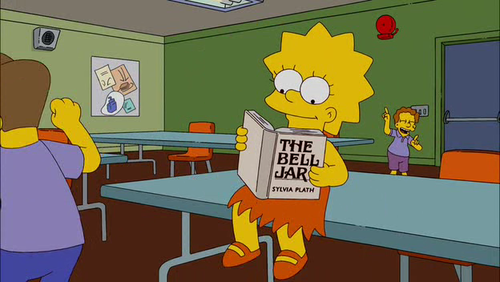“Get out of the way, I’ll show you what I am. I’m a gentleman’s gentleman, and you’re no bloody gentleman!”

The Servant is Harold Pinter‘s 1963 film adaptation of a novelette by Robin Maugham(Falcon Press 1948). A British production directed by Joseph Losey, it stars Dirk Bogarde, Sarah Miles, Wendy Craig and James Fox. It opened at London’s Warner Theatre on 14 November 1963. The Servant won three British Academy Film Awards. Wendy Craig replaced Vanessa Redgrave who was to make her feature debut but had to drop out because she was pregnant with her elder child (Natasha Richardson).
‘It was Losey who first showed Robin Maugham’s novelette The Servant to Bogarde in 1954. Originally separately commissioned by director Michael Anderson, Pinter stripped it of its first-person narrator, its yellow book snobbery and the arguably anti-Semitic characterisation of Barrett – oiliness, heavy lids – replacing them with an economical language that implied rather than stated the slippage of power relations away from Tony towards Barrett
Nick James
Joseph Losey & Harold Pinter: In Search of PoshLust Times
Originally planned as a film by a different director, Michael Anderson. It was he who commissioned Harold Pinter to write the script, in 1961. When Anderson dropped out of the project, Joseph Losey took over and insisted that Pinter’s script be extensively rewritten. This led to what Losey claimed was their only quarrel in over twenty years of close friendship. The Servant is the first of Harold Pinter’s three film collaborations with Joseph Losey. The other two were Accident (1967) and The Go-Between (1971).
When Joseph Losey was hospitalized for two weeks during this shoot, Dirk Bogarde continued filming assisted by minute, daily instructions over the phone from Losey’s hospital bed. When Losey returned to the set he did not re-shoot any of the script, much to the relief of cast and crew.


Tony (James Fox), a wealthy young Londoner, hires Hugo Barrett (Dirk Bogarde) as his manservant. Initially, Barrett appears to take easily to his new job, and he and Tony form a quiet bond, retaining their social roles. Relationships begin shifting, however, and they change with the introduction of Susan (Wendy Craig), Tony’s girlfriend, who seems to be suspicious of Barrett and to loathe all he represents. Barrett brings Vera (Sarah Miles), whom he presents as his sister, into Tony’s household as a maidservant, but it emerges that Vera is actually Barrett’s lover. Through Barrett’s and Vera’s games and machinations, they reverse roles with Tony and Susan; Tony becomes more and more dissipated, sinking further into what he perceives as their level, as the “master” and the “servant” exchange roles. In the final scene, Tony has become wholly dependent on Barrett, and Susan is exiled permanently from the house.

Although Losey’s films are generally naturalistic, The Servant‘s hybridisation of Losey’s signature Baroque style, film noir, naturalism and expressionism and both Accident‘s and The Go-Between‘s radical cinematography, use of montage, voice over and musical score amount to a sophisticated construction of cinematic time and narrative perspective that edges this work in the direction of neorealist cinema. All three films are marked by Pinter’s sparse, elliptical and enigmatically subtextual dialogue, something Losey often develops a visual correlate for (and occasionally even works against) by means of dense and cluttered mise en scene and peripatetic camera work.
To watch the movie clip Staircase Quarrel from The Servant , pease take a gander at The Genealogy of Style‘s Facebook Page: https://www.facebook.com/pages/The-Genealogy-of-Style/597542157001228?ref=hl



















